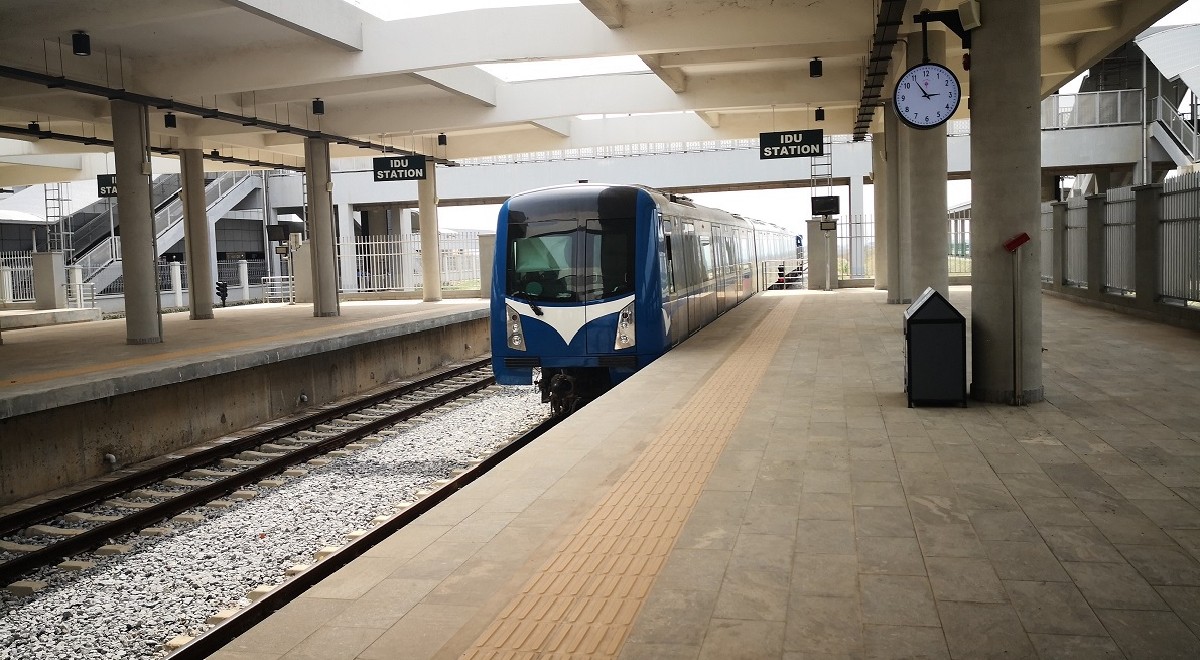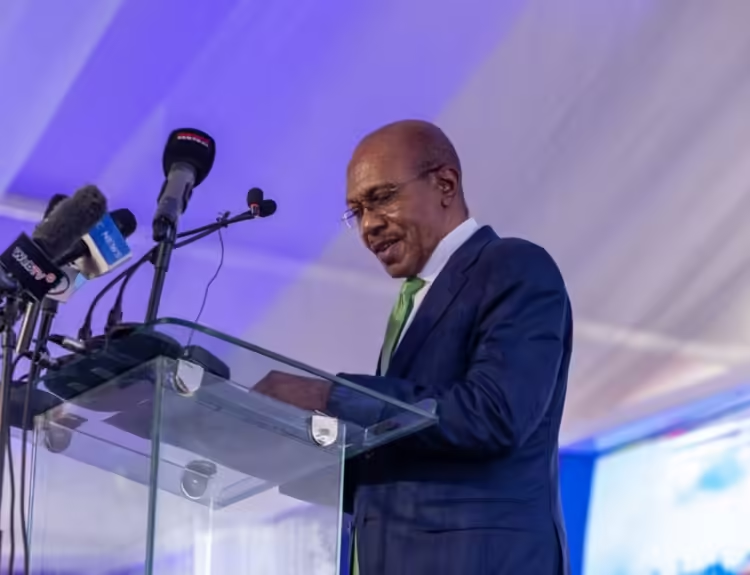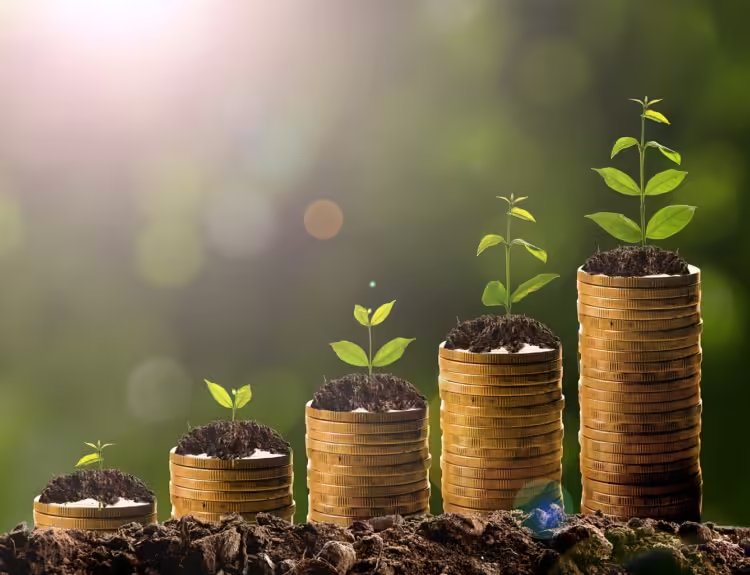Nigeria, which was Africa’s largest economy between 2014 and 2021, recently slipped to fourth place after Algeria moved to the third position.
While economic decline may be normal and might happen from time to time, Nigeria’s fall is a story of wanton theft of public resources and mismanagement.
The Western African country is the largest oil producer in the continent. However, the resource-rich nation has done very little to uplift millions from the shackles of poverty.
It has managed to contrate wealth in the hands of a few wealthy individuals with political connections.
This, however, does not discount the fact that the country is currently faced with what experts have called the worst economic crisis in a generation. This has led to anger among the citizens and widespread hardships.
Inflation is at a record high–hitting 33.2% year-on-year–with prices of basic commodities including staple food rice and petrol more than doubling in the last year. Meanwhile, wages have stagnated, not keeping up with the rising cost of living.
The reforms instituted by President Bola Tinubu since taking office in 2023 have only exacerbated the problems plaguing Nigeria with not sight to an end.
Institutions that were built to help the country fight some of the challenges slowing down its economic takeoff have been captured by the political class and have proved to be ineffective.
Contents
How bad is Nigeria’s economy?
The average rate of commodity price, inflation, is 33.2%– the highest in three decades. Food inflation stands at 40.01%, putting the prices of the items beyond the reach of most ordinary Nigerians.
This has occasioned widespread suffering and anger across the country, with the government appearing clueless in addressing the issues.
The country’s average wages have not changed much since 2019, standing at about $19. This could only mean that many people are forced to go without food. In the long term, it will affect the country’s overall productivity.
Nigeria is Africa’s most populous country which should provide a huge market for local manufacturing.
Some households in Nigeria have resorted to cheaper food alternatives or rationing to combat the tough economic environment. As this is happening, both the federal and state governments have offered little assistance to the suffering populations.
Ineffective economic model?
Since coming to office, Tinubu has passed a raft of reforms, which now some experts believe have caused more suffering. While inflation has increased in nearly every country across the globe, the current rates in Nigeria are among the highest in the world.
Tinubu removed the $10 billion annual fuel subsidy after taking office. This has seen fuel prices hike more than three times. At the same time, citizens of the oil-rich nation have witnessed shortages with long queues in filling stations.

It is the big jump in fuel prices that has caused a hike in the prices of other commodities. Energy accounts for a significant share of the cost of production and transport. Therefore, companies have been forced to pass the costs to consumers, occasioning price hikes in items like rice, which is the country’s staple.
The short-term loans that the previous regime took from the central bank to the tune of $19bn have also worsened the problems facing the country. According to experts, the Central Bank of Nigeria (CBN) resorted to printing money, which has increased the current record of inflation.
Naira plunge
Since the beginning of the year, the naira has plunged to a record low after the currently stopped pegging the currency’s price. Nigeria has left the currency to float, with market forces determining the exchange rate based on supply and demand.
According to the Central Bank, the country was using a lot of money to maintain the rate. As a result of this policy change, the prices of imported commodities like food, machinery, and fuel have shot up. While Nigeria is one of the leading oil producers in the world, it imports refined products.
The naira has lost more than two-thirds of its value since January.
Any hope for Nigeria’s economy?
So far, the measures announced by the government to alleviate the suffering in the short term only include food distribution to poor families. This might not be sufficient given that Nigeria has a population of over 200 million, with about 88.4 million living in extreme poverty.
The government has promised that while they act to help poor families, the policies adopted by the 9-month-old regime will put the country’s economy back on track. Experts posit that graft among other serious crimes is still prevalent and there is little political will to fight it.
Numbers don’t lie. The figures going around show that the country is regressing, and the amount of work needed to turn around the decline would call for political will, which is currently lacking.
Before 2015, as it was emerging as the largest economy on the continent, Nigeria earned billions in forex. The economy expanded by 12.7% between 2012 and 2013. After rebasing in 2013, the size of the economy rose from $270 billion to $510 billion.
This was attributed to new sectors including Nollywood film industry, retail and telecommunication which were previously not captured. Most of these sectors have been hit by a decade of economic mismanagement, corruption, and a harsh global macroeconomic environment.






